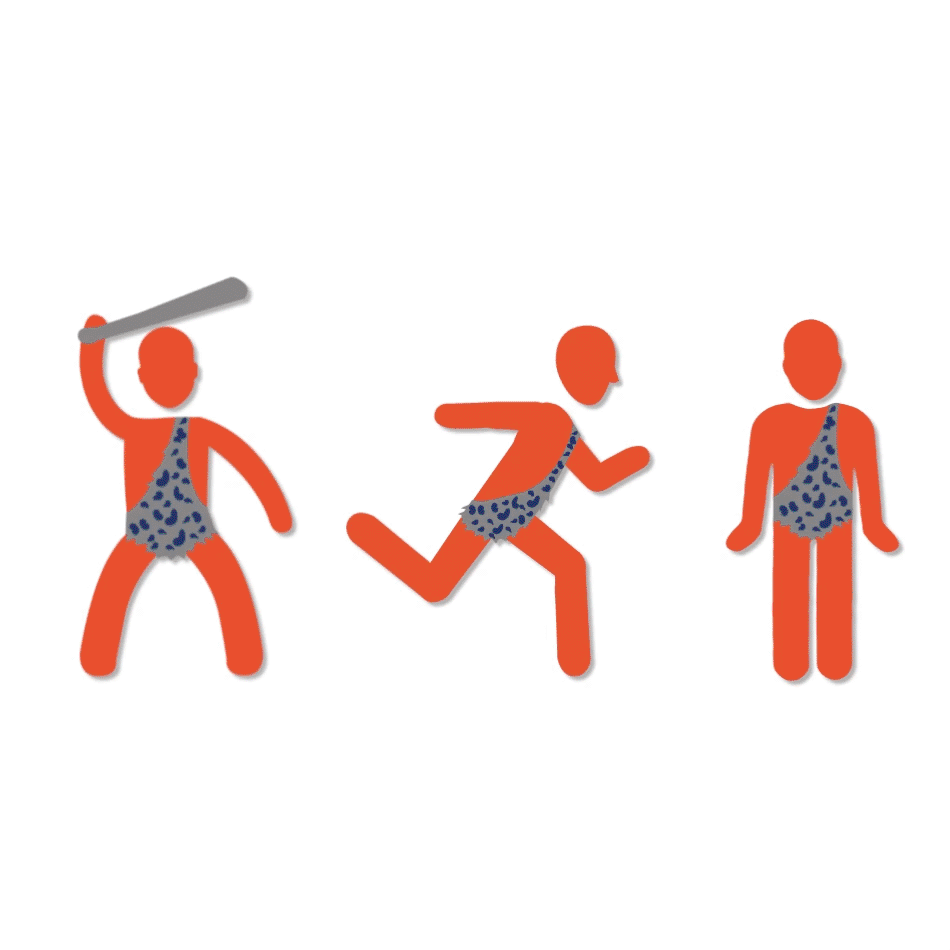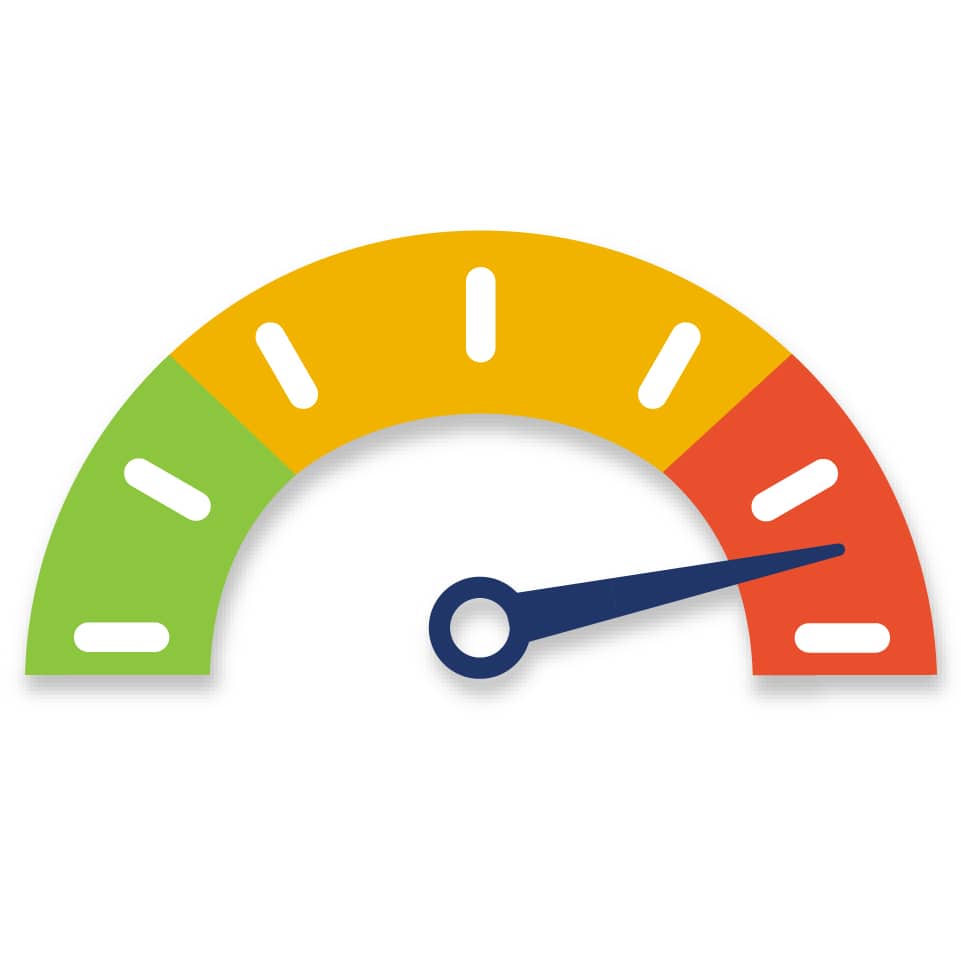Contact us
-
1
-
2
-
3
-
4
-
5
-
6
It will take ~10 minutes to work through Section One
Anxiety: What is it?
If you're feeling on edge, high alert or jittery, you might have anxiety.

These images were created by veterans during art therapy as part of their recovery journey.
They've been shared to raise awareness and to help others understand.

Other signs include:
- Unwanted feelings of adrenaline
- Struggling to relax or feel calm
- Avoiding things because of how they make you feel
Our brains are designed to be constantly scanning our surroundings for signs of threat in order to keep us safe. When something is recognised as a threat, the body and mind go into a state of high alert. This is often referred to as the 'fight, flight, freeze' response. When this response impacts significantly on someone's life, mental health professionals often refer to it as anxiety.
Fight, flight or freeze are normal responses in a situation where your body thinks it is in danger. It prepares every element of you to either run away or fight the danger. It is an evolutionary survival mechanism – think caveman confronted by a sabretooth tiger – he feels fear, his body becomes ready to react so that he can either fight the beast, run away or freeze.
Why might veterans struggle with anxiety?

It is natural for us to experience all sorts of emotions. They help us adapt to our environment and are important for our survival. Fear, for example, is important to prevent injury, whereas anger gives us the energy to respond to a threat or compete for limited resources.
Military training prepares you for action – to be 'switched on', and to channel fear into action and to fight. On operations, to 'switch off' could have meant death or serious injury for you or your buddies. To be 'sparking', on edge and high alert, may well have saved lives. It is understandable therefore, that it would be difficult to turn the threat dial down after leaving the military, even though the threat level is no longer the same.
If your threat dial has remained high, you might be finding that your physical and mental health are suffering. However, you have reached this page and shown that you are committed to changing things, which is the first step to turning that dial down. Read on and try out the strategies and tips that will help you to retrain your threat response to be suitable for civilian life.
Additional Resources
Was this page useful?
This information was published on 30 October 2020.
Is there someone I can call and talk to?
Our Helpline is open 24/7, please do not hesitate to call if you need someone to talk to or any guidance.
Combat Stress 24/7 Free Helpline 0800 138 1619.
If you require more urgent help, either yourself or a member of your family feel unsafe, please contact your GP or telephone 111.

